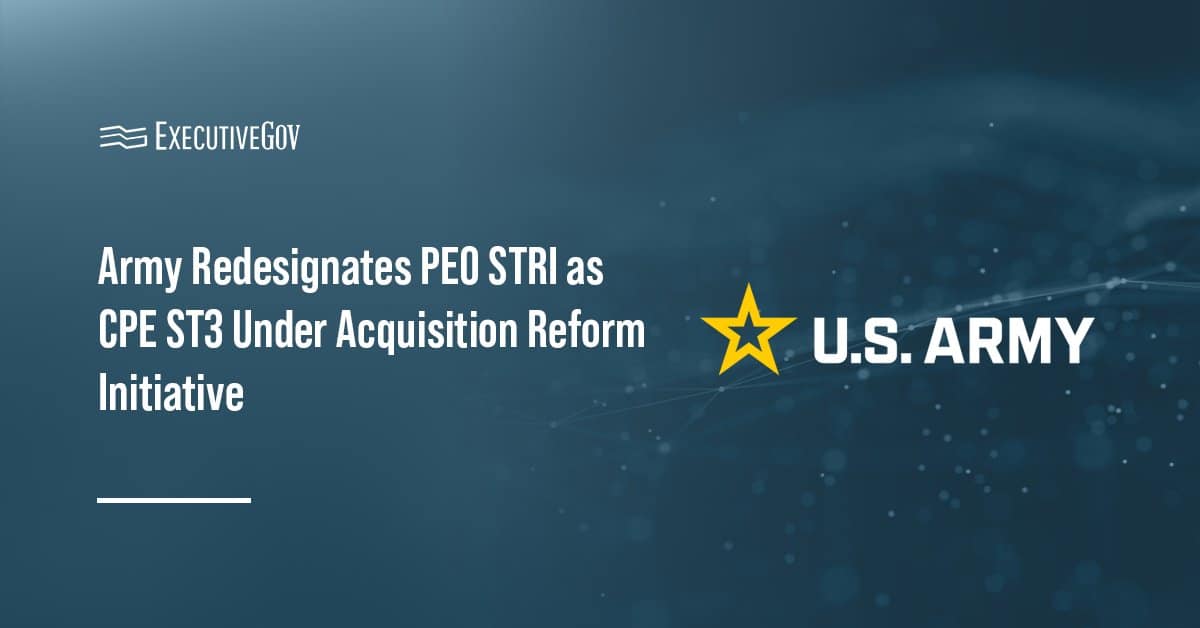
The Department of Energy has awarded a grant to Idaho National Laboratory and GSE Systems to collaborate in developing decision support tools and procedures for the operation of advanced reactor technology.
GSE and INL will aim to build a platform to facilitate decision-making tasks in power plant control rooms as part of an effort to increase system and operator efficiency, the company said Monday.
“As the nuclear industry searches for ways to become more efficient, this project has the potential to optimize human performance in terms of decision support needed in both the control room and the field,†said Johanna Oxstrand, human factors scientist at INL.
Oxstrand will serve as the principal investigator for the project, which seeks to combine expertise from the lab and the company in various areas. The project is geared toward advancing reactors with high-level automation, instrumentation and sensor requirements.





